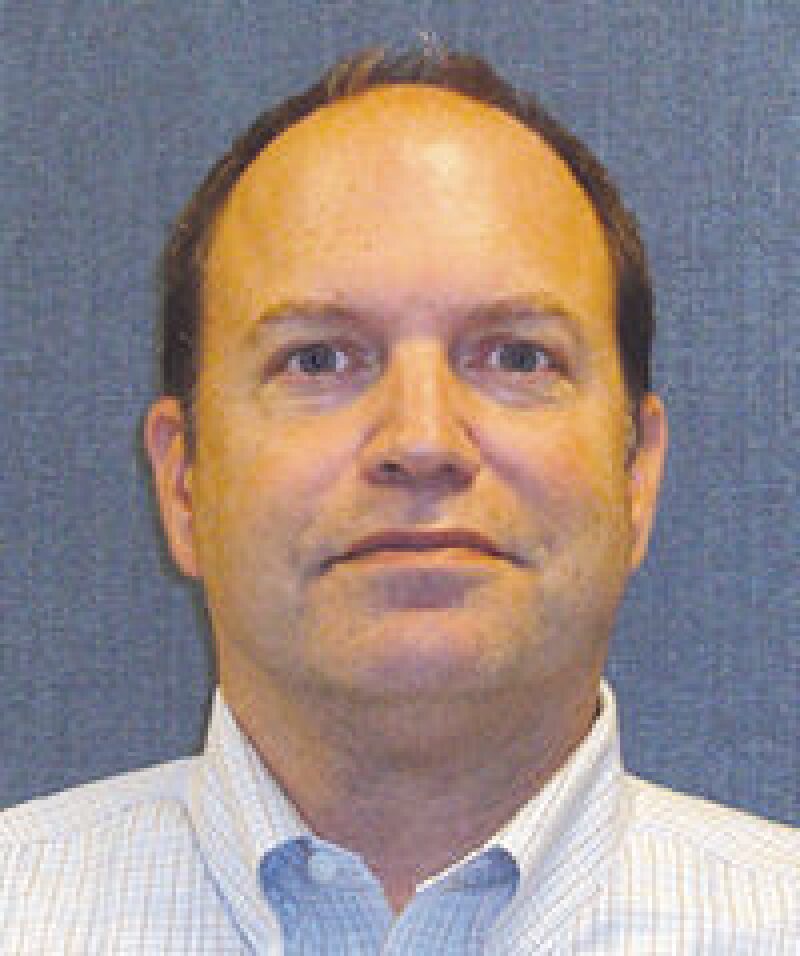Ours is a cyclical business. Those involved in well work (i.e., drilling, completions, and workovers) are currently feeling the effects of reduced activity. Overall, I think those involved with drilling activities are affected most. Those involved with completions and workovers are affected to a lesser degree simply because of the opportunity to optimize. Whether that optimization occurs as part of improvements to the completions processes or workover processes, similar skills are needed. For operators, the most cost-efficient barrel we produce is the next one that is produced after we optimize an already-producing well.
It is the operator’s responsibility to find ways to optimize production. This is often achieved through interventions or recompletions. In challenging financial times (as with technical challenges), we need to be flexible enough to refocus our efforts in new and often uncomfortable ways. Each of the papers I have selected provides examples of how to do just that: challenge the status quo.
Many of us have been so busy chasing the next well and the upcoming job that our skills in the area of optimizing our completions may have become a little rusty. Now is a great time to knock off that rust and revisit our best-laid plans.
One way may be for you, alone or with your peers, to review the wells completed in your current project, or a subset of those wells, and figure out what went right and what went wrong. This deep dive into the details will often pay significant dividends in terms of understanding your current project. With that deeper understanding, you can develop an improvement plan for your current project or for your next project.
The improvements required are often difficult to achieve. Operators, particularly those with inventory already on the ground and pressure to use that inventory, might not be comfortable with changing their approach. However, a significant change in direction might be exactly what is needed.
In these challenging and uncomfortable times, I encourage each of you to challenge yourself and your peers to be uncomfortable and at least evaluate approaches that your organization might not have used historically. Those unfamiliar approaches might just be the right answer.
The papers selected for this feature provide you, the reader, with the opportunity to learn from the efforts of others. I hope that you will be able to use one or more of their approaches to improve the economics in your assets.
Recommended Additional Reading
SPE 170278 Successful Placement of an Advancing Sand- and Fines-Control Chemical as a Remedial Sand Control Using Subsea Flowlines From an FPSOby Michele Piemontese, Eni, et al.
SPE 174240 Chemical Sand Consolidation as a Failed-Gravel-Pack Sand-Control Remediation in Handil Field, Indonesia by Antus Mahardhini, Total, et al.
SPE 174407 A Successful Post-Completion Sand-Control Method Used in Thermal-Enhanced-Oil-Recovery Operations at the Kern River Field in Bakersfield, California by Spencer Franks, Chevron, et al.


